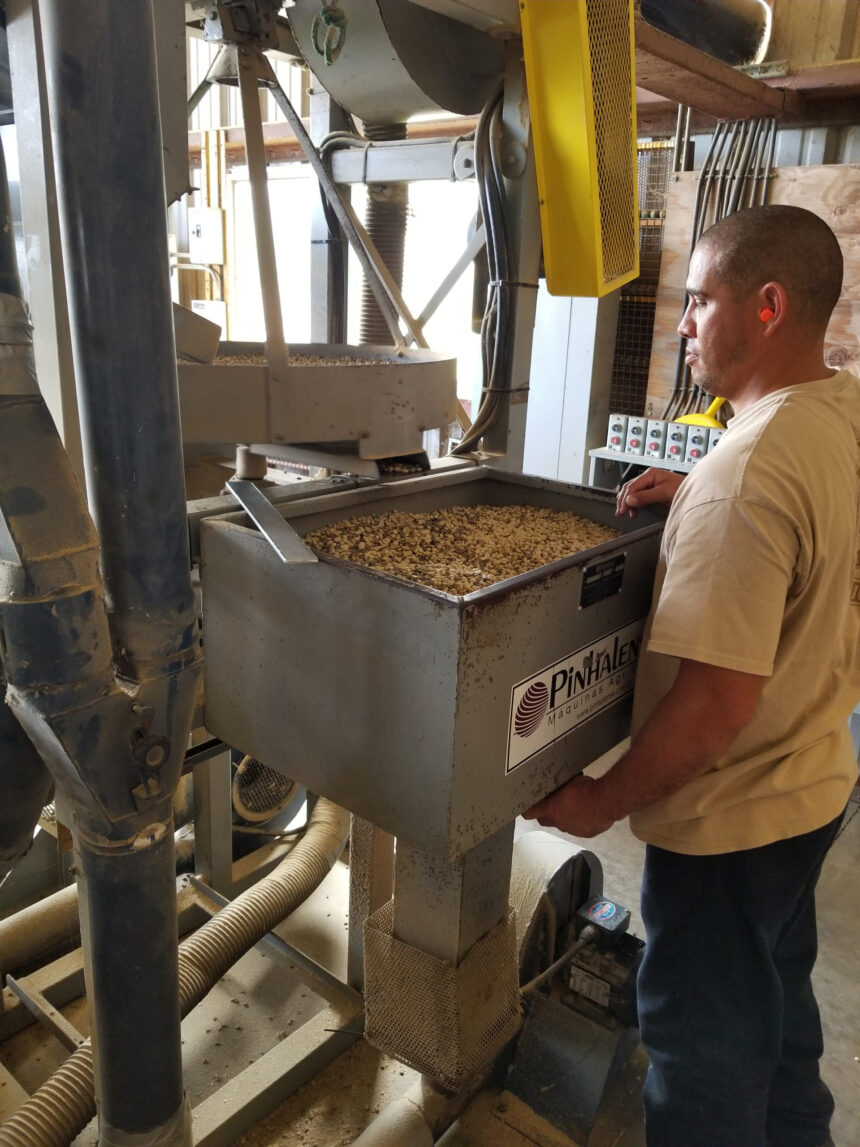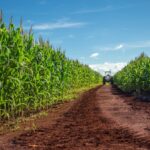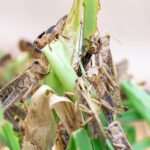Dry milling is a widely used method for processing various grains and crops, including maize (corn), wheat, sorghum, and millet. In the context of South Africa, here are 10 things you should know about dry milling:
- Importance of Maize:
Maize is the most extensively cultivated grain crop in South Africa and is a staple food for a large portion of the population. Dry milling plays a crucial role in maize processing. - Maize Meal Production:
Dry milling is the primary method used to produce maize meal in South Africa. Maize meal is a significant component of the South African diet and is used in various traditional dishes. - Grinding Process:
Dry milling involves the grinding or milling of whole maize kernels into a fine powder or flour. The process typically includes cleaning, degermination, and grinding stages. - Cleaning:
The maize kernels undergo a cleaning process to remove impurities such as dust, stones, and foreign materials before milling. - Degermination:
Degermination is an important step in dry milling, where the maize kernels are processed to remove the germ (embryo) and bran layers, leaving behind the starchy endosperm. - Grinding:
The degerminated maize kernels are then ground into a fine powder or flour using specialized milling equipment such as hammer mills or roller mills. - Product Varieties:
Dry milling produces different types of maize meal, including various grades of maize flour, maize semolina, and maize bran. These products have different textures and are used for different culinary purposes. - Market Demand:
Maize meal produced through dry milling is in high demand in South Africa due to its versatility and widespread use in traditional dishes like pap (a porridge-like dish). - Industrial and Small-Scale Mills:
Dry milling is carried out in both large-scale industrial mills and small-scale community mills across South Africa. The industrial mills cater to commercial and industrial needs, while community mills serve local communities. - Food Security:
Dry milling plays a vital role in ensuring food security in South Africa by providing a consistent supply of maize meal, a dietary staple. It contributes to the affordability and availability of maize-based products for the population.
It’s worth noting that the dry milling process and its specificities may vary depending on the grain or crop being processed. However, these points provide a general overview of dry milling, with a focus on its significance in maize processing in South Africa.
Join 'Farmers Mag' WhatsApp Channel
Get the latest Farming news and tips delivered straight to your WhatsApp
CLICK HERE TO JOIN






